50 F. high yesterday at KSTC.
55 F. average high on October 20.
63 F. high temperature in St. Cloud on October 20, 2015.
October 21, 1916: A three-day blizzard ends. Also, a sharp temperature drop occurs at Bird Island, falling from 65 to 13.
Will Winter La Nina Trigger La Snowfall?
Every
year people ask me what winter will bring. I take a deep breath, stare
out the Amish Doppler (a window) and tell them the truth. "Colder...with
some snow." I stand by that prediction.
NOAA just released their
official winter preview; La Nina cooling of Pacific Ocean water favoring
cooler, wetter weather for the northern tier states, including
Minnesota. My gut: the upcoming winter will be colder and snowier than
last winter.
There's a better chance of "average snowfall", which
is close to 55 inches in the MSP metro area. But I doubt we'll see as
much as 2010-2011, when a whopping 87 inches dazzled snow lovers. Keep
your expectations low and you'll never be disappointed.
A stray shower is possible this evening but most towns stay dry through
Monday night. The mercury brushes 60F
on Saturday
before cooling off early next week. There's a better chance of
heavier/steadier rain by the middle of next week. The Halloween outlook
is better: near 50F with a Severe Ghoul Advisory.
The coldest reading at MSP Airport so far this fall is 36F. The last (official) sub-freezing low temperature was
April 12. Wow.
NOAA's Winter Outlook Predicts Warmer, Drier South and Cooler, Wetter North. Will that translate into more snow for Minnesota and Wisconsin? How 'bout those Vikes! Here's an excerpt from
NOAA: "
Forecasters
at NOAA’s Climate Prediction Center issued the U.S. Winter Outlook
today, saying that La Nina is expected to influence winter conditions
this year. The Climate Prediction Center issued a La Nina watch this
month, predicting the climate phenomenon is likely to develop in late
fall or early winter. La Nina favors drier, warmer winters in the
southern U.S and wetter, cooler conditions in the northern U.S. If La
Nina conditions materialize, forecasters say it should be weak and
potentially short-lived..."
Early Look at Halloween. Thanks to
Planalytics for passing along their preview for October 31 weather from coast to coast. No big blizzards brewing this year: "
Weather
plays an important role on Halloween as it affects what
trick-or-treaters will be wearing as well as the types of food and
beverages to serve at parties and gatherings. For Halloween Monday (October 31st),
expect temperatures to be cooler than normal in the West, supporting
demand for light jackets and warm beverages. Near to above normal
temperatures are anticipated in much of the Northeast. Markets in the
Plains, Midwest, and Deep South are expected to remain warmer than
normal, creating “spooktacular” conditions for trick-or-treaters..."
Stronger Than Expected La Nina May Be Brewing.
Reuters has an update and context: "
Many
have doubted forecasts calling for the onset of the first La Niña in
almost five years, believing that its failure to materialize in
convincing fashion last summer - as originally predicted - means that it
may be off the table for 2016-17. But in
recent weeks, the oceans and atmosphere have been pulling everything
into place to facilitate a potentially stronger La Niña than previously
thought, so those who follow commodities markets may want to take a
second look. Last Thursday, the
U.S. Climate Prediction Center reissued the La Niña watch that was
removed in early September. The watch indicates that conditions are
favorable for the phenomenon’s development within the next six months..."
ENSO Model Plume: Earth Institute,
Columbia University.
Hard Freeze Week From Sunday - 60s in 2 Weeks?
GFS shows temperatures above average this weekend; a streak of 50s next
week before a more significant cold front the last weekend in October.
But the very same model hints at a 61F high on Thursday, November 3.
Source: Aeris Enterprise.
Dry Into Monday Night.
Take advantage of this dry spell; 5-6 days in a row with no measurable
rainfall for most Minnesota towns. Rain is likely next Tuesday, again
the last weekend in October.
Extended Outlook: Stormy Trough Great Lakes and New England.
Will weather be a factor for Election Day? Still too early to say, but
looking out 2 weeks the GFS forecast carves out a big, stormy trough of
low pressure for the Great Lakes and New England; relatively dry and
mild for the Plains and Rockies.
Record Warmth - But Is This Indian Summer? Highs in the 80s and 90s from the east coast into much of the southern USA? More typical of early September than late October.
USA TODAY has interesting perspective: "...
In
New England, according to the glossary, at least one killing frost and
preferably a period of normally cool weather must precede this warm
spell in order for it to be considered a true "Indian summer." The term
is most often heard in the Northeast, but other English-speaking
countries also refer to it. It dates back at least to 1778, the glossary
notes, but its origin is not certain; most likely it's the way American
Indians used this extra opportunity to increase their winter stores. So
far this year, the U.S. is sweltering through its second-warmest year on record, the National Centers for Environmental Information said. Only 2012 was warmer..." (Map credit: WeatherBell).
Hottest Months on Record Have Something in Common.
Climate Central reports: "...
The
run of record-setting months means 15 of the most abnormally warm
months have occurred since March 2015. Accounting for ties, the only
exception is January 2007 which came in tied for 11th. There has never
been a run of hot months like this in the 1,641 months (or 136-plus
years) of data at NOAA’s disposal. March 2016
tops the list with a global temperature 2.21°F (1.23°C) above the 20th
century average. Even though September 2016 is the second-warmest
September on record, it’s still on the list clocking in at 11th with
temperatures 1.6°F (0.89°C) above average..."
Map credit: "
The year-to-date heat has the world on track for its hottest year on record."
1 in 1,000 Year Flood for North Carolina. Rainfall from Hurricane Matthew did, in fact, reach "thousand-year rainfall" criteria, according to NOAA.
This is the 6th thousand-year flood to strike the USA since October,
2015. The list includes South Carolina, Maryland, West Virginia,
Louisiana, Texas, and now North Carolina.
GPM Sees Hurricane Matthew's Life Cycle. NASA has a terrific explainer on YouTube: "Hurricane
Matthew dropped a lot of rain, caused flooding and deaths in the state
of North Carolina. Flooding is still widespread in North Carolina. Some
rivers in North Carolina such as the Tar and the Neuse Rivers were still
rising on Oct. 12, 2016. At NASA's Goddard Space Flight Center in
Greenbelt, Maryland, a rainfall analysis was accomplished using data
from NASA's Integrated Multi-satellite Retrievals for GPM (IMERG). The
GPM, or Global Precipitation Measurement, mission is a joint mission
between NASA and the Japan Aerospace Exploration Agency (JAXA). This
rainfall analysis was created using IMERG real time data covering the
period from Sept. 28 through Oct. 10, 2016. The totals included some
rain from a low pressure area that moved through the area near the end
of September..."
Animation credit: "
NASA's Goddard Space Flight Center/Ryan Fitzgibbons, producer."
Hospitals Really Believe Bad Things Happen On a Full Moon. Add meteorologists to the list. Here's an excerpt from
The Wall Street Journal: "...
Since
the Middle Ages, full moons have been associated in the popular
imagination with spooky occurrences: Werewolves. Vampires. The word
“lunacy” derives from the bizarre effects that full moons supposedly
have on behavior. In hospitals all over America, doctors and medical
staffers—supposedly pragmatic professionals rooted in science—are
convinced that full moons are harbingers of chaos in their emergency
rooms and delivery wards. Doctors and nurses say a full-moon night,
particularly right before Halloween, triggers a flood of admissions,
notably among patients suffering psychotic episodes, sporting strange
injuries or going into labor under unusual circumstances..."
Crash: How Computers Are Setting Us Up For Disaster.
Imagine life without your smart phone or Google. Are computers making
us (dangerously) lazy? Here's an excerpt from a story at
The Guardian: "
This
problem has a name: the paradox of automation. It applies in a wide
variety of contexts, from the operators of nuclear power stations to the
crew of cruise ships, from the simple fact that we can no longer
remember phone numbers because we have them all stored in our mobile
phones, to the way we now struggle with mental arithmetic because we are
surrounded by electronic calculators. The better the automatic systems,
the more out-of-practice human operators will be, and the more extreme the situations they will have to face. The psychologist James Reason, author of Human Error, wrote: “Manual control is a highly skilled activity, and skills need to be practised continuously in order to maintain them..."
U.S. Health Insurers Are In a State of Denial About Climate Change.
MarketWatch reports: "
The
biggest health insurers in the U.S. show little understanding or
concern about the risks to their business posed by climate change, even
though warmer winters and springs are already causing spikes in
conditions such as allergies, asthma and Lyme disease. That’s one of the
findings of a report from non-profit Ceres that
ranks the 148 largest insurance companies in the U.S. on their response
to climate risks, including severe weather events. The report is based
on a climate risk survey developed by the National Association of
Insurance Commissioners, or NAIC, and first conducted in 2014..."
Minnesota Power Shutting Down 2 More Coal Generators.
Duluth News Tribune has details: "
Minnesota
Power announced Wednesday that it will shut down two more of its
coal-fired electrical generators, Boswell Units 1 and 2 in Cohasset, as
the utility continues its move away from coal. The Duluth-based utility
said it will idle the 1960-vintage units by the end of 2018 as it moves
toward more natural gas and renewable energy from solar and wind
generation. The changeover is part of the utility’s long-term Energy
Forward focus and helps it comply with state regulations to get more
energy from renewable sources..."
Scientists Accidentally Discover Efficient Process To Turn CO2 Into Ethanol. These are the kinds of breakthroughs that will allow us to start removing CO2 from the atmosphere in the years to come.
Popular Mechanics reports: "
Scientists at the Oak Ridge National Laboratory in Tennessee have discovered a chemical reaction to turn CO2 into ethanol, potentially creating a new technology to help avert climate change. Their findings were published in the journal ChemistrySelect.
The researchers were attempting to find a series of chemical reactions
that could turn CO2 into a useful fuel, when they realized the first
step in their process managed to do it all by itself. The reaction turns
CO2 into ethanol, which could in turn be used to power generators and
vehicles..."
Kansas Town Decimated by EF-5 Tornado Now Runs on 100% Renewable Energy.
EcoWatch has the uplifting article: "
But from the rubble, opportunity emerged. Greensburg is now one of the greenest towns in the U.S. and serves as an actual role model for renewable energy and sustainable development. Greensburg could also teach its frack-happy, earthquake-riddled home state a lesson or two about better energy choices. Greensburg—the second U.S. city to go 100 percent renewable after Burlington, Vermont—has an impressive list of green bonafides thanks to its master sustainability plan.
After the tornado struck, the city picked itself up and rebuilt every
building to LEED-platinum standards and converted every streetlight to
LEDs, the first in the nation to do both..."
Photo credit
upper left: "Greensburg, Kansas is the second city in the U.S. to
convert to 100 percent renewable energy after it was devastated by a
powerful tornado in 2007." Wikimedia Commons.
Photo credit upper right: "
A hospital turbine in Greensburg, Kansas." The City of Greensburg.
When Does an Artificial Intelligence Become a Person? How We Get To Next has another compelling, though-provoking, vaguely terrifying story; here's the intro: "
The things that define something as someone — as
a person — are complex, contested, and mutable. Thinking about the
moral, legal, and philosophical arguments around who does and does not
get to be a person is a crucial step as we move ever closer toward the
birth of the first truly sentient machines, and the destruction of the
most highly sentient, endangered animals.
What level of sophistication will artificial intelligences need to
attain before we consider them people — and all the rights that entails?
And at what point on the spectrum of intelligence will we be creating
machines that are as smart, and as deserving of legal rights, as the
sentient animals we’re driving to extinction?..." (Image credit: Exosphere).
Will Driverless Cars Really Save Millions of Lives? Lack of Data Makes It Hard to Know. Here's an excerpt of an interesting post from
The Washington Post: "...
One
of the hardest questions to answer is, ‘How do these cars compare to
human drivers?’ ” Chris Urmson, then the chief of Google’s self-driving
car project, told transportation engineers in Washington this year. “And
part of the reason why that’s hard is we don’t actually have a good
understanding of how good human drivers really are.” One problem is that
the U.S. government keeps no comprehensive database of crashes. That
complicates what otherwise might seem to be a simple task: figuring out
which vehicles are more likely to crash, human-driven ones or those run
by software and sensors..."
He Ate a Pepper So Hot It Tore a Hole in His Esophagus. Why do people do this to themselves? Here's a clip from
The Washington Post: "...
For the
47-year-old man whose esophagus was damaged, though, ingesting the
pepper burger was less a bear chase and closer to an attack. As
physicians at the University of California at San Francisco reported in
the case study, he consumed the burger and attempted to quench the heat
in his mouth with six glasses of water. When that failed the man began
to vomit, which gave way to abdominal pain. He dialed emergency help. At
the emergency department, he received Maalox and painkillers. After his
condition worsened, doctors moved him to the operating room, where they
discovered a “2.5-cm tear in the distal esophagus,” about one inch, as
the case report authors noted..."
 Let's Choose a New Name for "Indian Summer"
Let's Choose a New Name for "Indian Summer". Yes, the name is something of a head-scratcher. Here's more perspective from
Atlas Obscura: "...
In
his extremely thorough research, though, Matthews never discovered a
convincing explanation for what the phrase meant. Why associate Native
Americans with warm days in fall? There were plenty of ideas floating
around: Native Americans had predicted the warm spell to settlers; they
used that time of the year to extend their harvest; a tribe's mythology
connects the weather to the sigh of the personified southern wind.
"Indian summer" may have had a tinge of colonial nostalgia to it, too.
Some of the examples Matthews found argued that by the 1800s "Indian
summer" had disappeared. "This short season of mild and serene weather,
the halcyon period of autumn, has disappeared with the primitive rest,"
wrote one 19th century author. “It fled from our land before the
progress of civilization; it has departed with the primitive forest..."
Man, This Guy Really Likes His Coffee.
Typhoon? Flood? What stinking flood! I'm not going to let a little
moving water get between me and my tall soy latte! Here's an excerpt of a
funny story at
TIME: "A Hong Kong man, affectionately dubbed “Starbucks Uncle”
by social media,
had one strategy when the coffee shop began to flood: keep calm and
hang out. As it became flooded with standing water, he sat reading his
newspaper, unperturbed by the typhoon raging outside, leading swirling
waters to infiltrate his caffeine sanctuary. This week, Hong Kong has
been dealing with torrential rainstorms and
gale-force winds from Super Typhoon Haima, leading to
flash flooding across the city..."
TODAY: Clouds increase, light shower or sprinkle late. Winds: S 7-12. High: 55
FRIDAY NIGHT: Few sprinkles. Low: 42
SATURDAY: Mix of clouds and sun, milder. Winds: SE 7-12. High: 62
SUNDAY: Mostly cloudy, cooler breeze kicks in. Winds: NW 10-20. Wake-up: 47. High: 58
MONDAY: Bright sunshine, quite pleasant. Winds: SE 5-10. Wake-up: 39. High: 56
TUESDAY: Gray with light rain developing. Winds: SE 10-20. Wake-up: 45. High: 53
WEDNESDAY: Delightfully foul. Periods of rain. Wake-up: 43. High: near 50
THURSDAY: Scrappy clouds, few sprinkles. Winds: NW 10-15. Wake-up: 38. High: 54
Climate Stories....
9 Cities To Live In If You're Worried About Climate Change. I'm
surprised the Twin Cities didn't make the cut. My theory, my hunch is
that Minneapolis, St. Paul and all of Minnesota will be in relatively
good shape for one big reason: an abundant supply of clean water. Here's
an excerpt from
The New York Times: "
It’s hard to imagine that any city in North America will escape the effects of climate change
within the next 25 years. But some will be better positioned than
others to escape the brunt of “drought, wildfire, extreme heat, extreme
precipitation, extreme weather and hurricanes.” Those were some of the
climate change-related threats listed by Benjamin Strauss, who focuses
on climate impacts at Climate Central, an independent nonprofit research
collaboration of scientists and journalists. Dr. Strauss, 44,
identified cities where people could settle in the next two decades if
they are aiming to avoid those threats..."

Climate Change: Extreme Environments to Require New Equipment, Tougher Ships. Here's an excerpt from
National Defense Magazine: "...
Areas
where planning could be improved include disaster relief, emergency
response, weapon system acquisition, theater campaign and installation
master planning, he said in an email. “
We need to build
resiliency into our efforts to adapt to a ‘normal’ that will continue to
change over time,” he said. “Climate is not stationary and neither is
national security.” The Defense Department is working with the office of
science and technology policy, and the interagency science and
technology community through the department’s research and engineering
organizations to bring a “whole of government approach” to identifying
technology needs and how they may be satisfied, he said. “Preparing for
climate change, it’s actually not as much about the equipment; it’s
about the mindset,” Holland said. “It requires foresight and thinking
and planning." (File photo: Associated Press).
Greenland Is Melting. Check out Elizabeth Kolbert's article at
The New Yorker; here's a clip: "...
In
recent years, as global temperatures have risen, the ice sheet has
awoken from its postglacial slumber. Melt streams like the Rio Behar
have always formed on the ice; they now appear at higher and higher
elevations, earlier and earlier in the spring. This year’s melt season
began so freakishly early, in April, that when the data started to come
in, many scientists couldn’t believe it. “I had to go check my
instruments,” one told me. In 2012, melt was recorded at the very top of
the ice sheet. The pace of change has surprised even the modellers.
Just in the past four years, more than a trillion tons of ice have been
lost. This is four hundred million Olympic swimming pools’ worth of
water, or enough to fill a single pool the size of New York State to a
depth of twenty-three feet..."
Photo credit: "
When
water accumulates on the surface of an ice sheet, more sunlight gets
absorbed, which results in more melt, in a cycle that builds on itself.
This year’s melt season began so early that many scientists couldn’t
believe the data they were seeing."
Photograph by Daniel Beltrá.
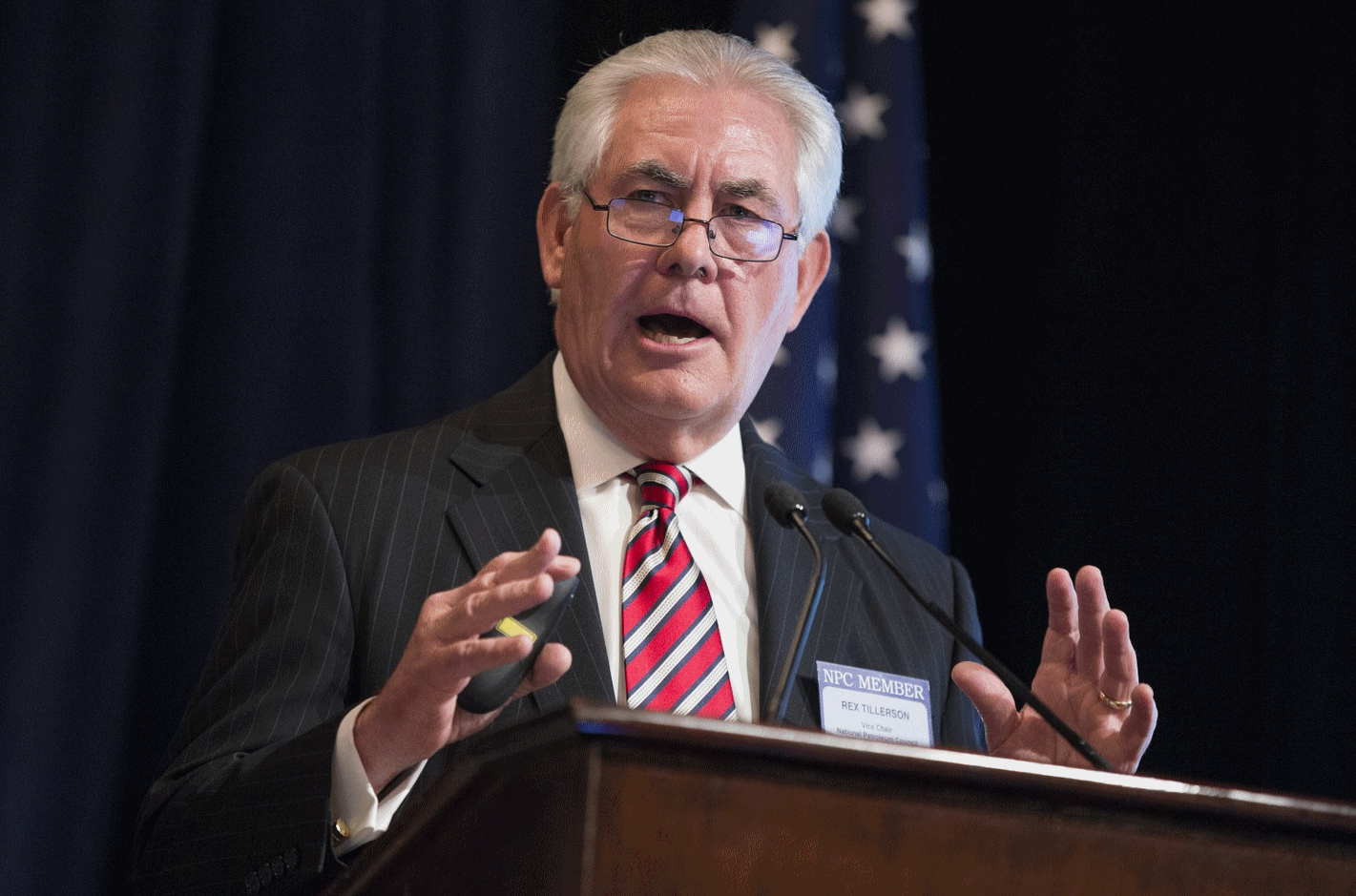
Exxon Boss: Climate Change is "Real" and "Serious". Here's the story intro at ThinkProgress: "Exxon Mobil CEO Rex Tillerson said
Wednesday the company backs a price on carbon and believes climate
change brings “real” risks that require “serious” action. Speaking at
the Oil & Money
conference in London, Tillerson also noted that the Paris climate
accord set to kick in this November is unlikely to limit near-term
consumption of oil and gas, Climate Central reported..."
Photo credit: "ExxonMobil Chief Executive Officer Rex Tillerson." CREDIT: AP/Evan Vucci.
This Is What It's Like To Be a Young Climate Scientist. Here's an excerpt from
Climate Central: "...
It’s
an interesting time to be alive, but perhaps an even more interesting
time to join the climate science field. We’re at a crucial turning point
for both the field and humanity. Scientists entering the field now are
standing on the shoulders of more than 150 years of climate change
research. Our scientific knowledge of climate change has expanded
tremendously since John Tyndall’s work on greenhouse gases starting in
the 1850s (and even since James Hansen’s 1988 testimony before Congress
for that matter).
Yet there are still questions to be answered about climate change, in
particular pinning down what comes next for the world and the people,
plants and animals that call it home. To get a sense of what comes next
for field and how it feels to start a career at a time when so much is
clearly at stake, Climate Central talked with a handful of early career
researchers on how they view the field..."
Mike Huckabee Rebuffs Apocalyptic "Religious Cult" Global Warming Predictions but Doesn't Deny Climate Change. Well I guess this qualifies as "progress". A cult? I believe in God - I don't believe the science, I
test
the science, and so far all the observation, the data, the evidence,
confirms the theory that the release of man-made greenhouse gases (about
a trillion metric tons of CO2 and methane since 1965) is warming the
planet over time. It's not the end of the world, but our world is, in
fact, running a mild fever. Here's an excerpt from
Christian Post: "...
The
National Association of Evangelicals recommended four steps that
Christians can take when engaging with climate change issues, as found
in "Loving the Least of These:" "First, dig deeper into the facts and
scientific evidence. Second, avoid polarizing voices of 'angry people
who call others names or refer to conspiracy theories.' Third, look at
joint statements from professional societies that represent the
collective wisdom of a large number of experts," the recommendations
state. "And fourth, get to know a Christian scientist that can help you
understand the scientific information..."
Image credit: NASA.
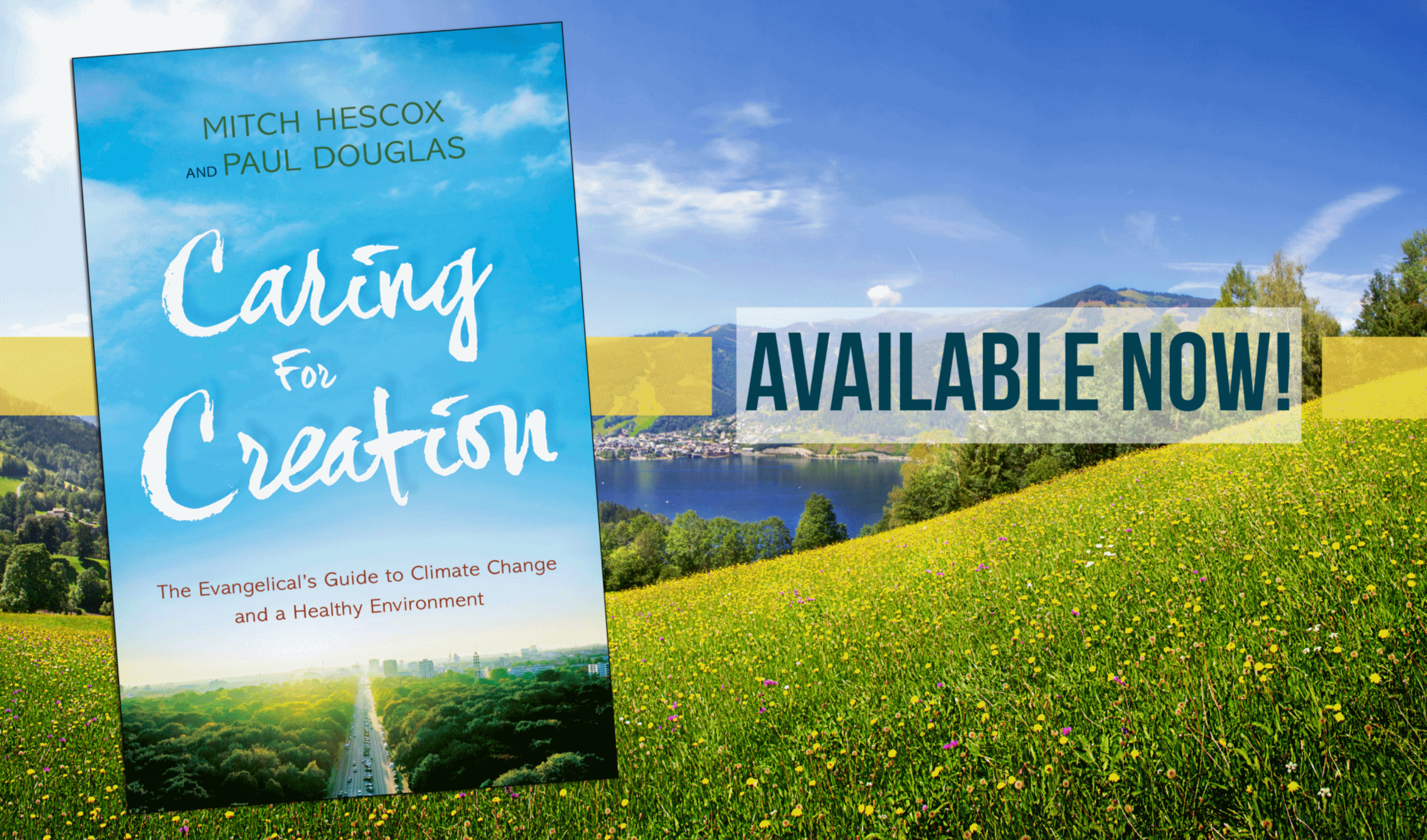
The Conservative Christian Case for Climate Change Action.
My sincere thanks to Minnehaha Academy, which is hosting a book-launch
event the evening of November 15.The first 500 people who RSVP will
receive a complimentary copy of Caring for Creation.
Details are here. Here's an excerpt of a
Time Op-Ed written by "
Caring for Creation" co-author, Methodist minister, former coal industry employee and EEN (
Evangelical Environmental Network) President Mitch Hescox:"...
Food
and water scarcity are made worse across the developing world.
Sea-level rise, increased asthma, and disease carrying insects across
the U.S. are just a few of the other climate-related impacts. The good
news is that overcoming climate change presents us with a tremendous
opportunity to create a better world. In order to realize it, we must
end the partisanship and dump the denial. The scientific debate about
climate change is over. We might not know all the particulars about how
quickly the oceans will rise, but the causation is clear. One only has
to open a window to know that our environment has changed. We
must honor our past, but we cannot live in it. Coal mining jobs
continue to disappear. The blast furnaces of Pittsburgh and elsewhere
won’t be rebuilt. We’re in the middle of an economic disruption..."

The West Is Burning, and Climate Change is Partly To Blame. Here's an excerpt of an analysis at FiveThirtyEight: "...With wildfire, such superlatives have, paradoxically, become normal. Records are routinely smashed — for acreage burned, homes destroyed, firefighter lives lost and money spent
fighting back flames. A study published earlier this year found that,
between 2003 and 2012, the average area burned each year in Western
national forests was 1,271 percent greater
than it was in the 1970s and early 1980s. Like the extreme hurricanes,
heat waves and floods that have whipped, baked and soaked our landscape
in recent years, such trends raise the question: Is this what climate
change looks like? In the Proceedings of the National Academies of Science this month, two researchers took on the tricky task of apportioning blame..."
Arctic Sea Ice Trends Near a Record Low For This Time of Year. Tom Yulsman has the story at
Discover Magazine: "
Arctic
sea ice has been been growing much more slowly than average during
October. Its geographic extent is now in a rough tie with 2007 and 2012
for the lowest in the satellite record for this point in the year. The
chart at right compares the evolution of Arctic sea ice extent during
2007, 2012 and 2016. This year is plotted in red. Note how slow the
growth of ice has been during October. (Please click on the thumbnail to
enlarge it.) Also check out just how low Arctic sea ice extent went
during September, at the end of the warm season. In fact, 2016 tied with 2007 for the second-lowest extent in the satellite record..." (Graphic credit: NSIDC).
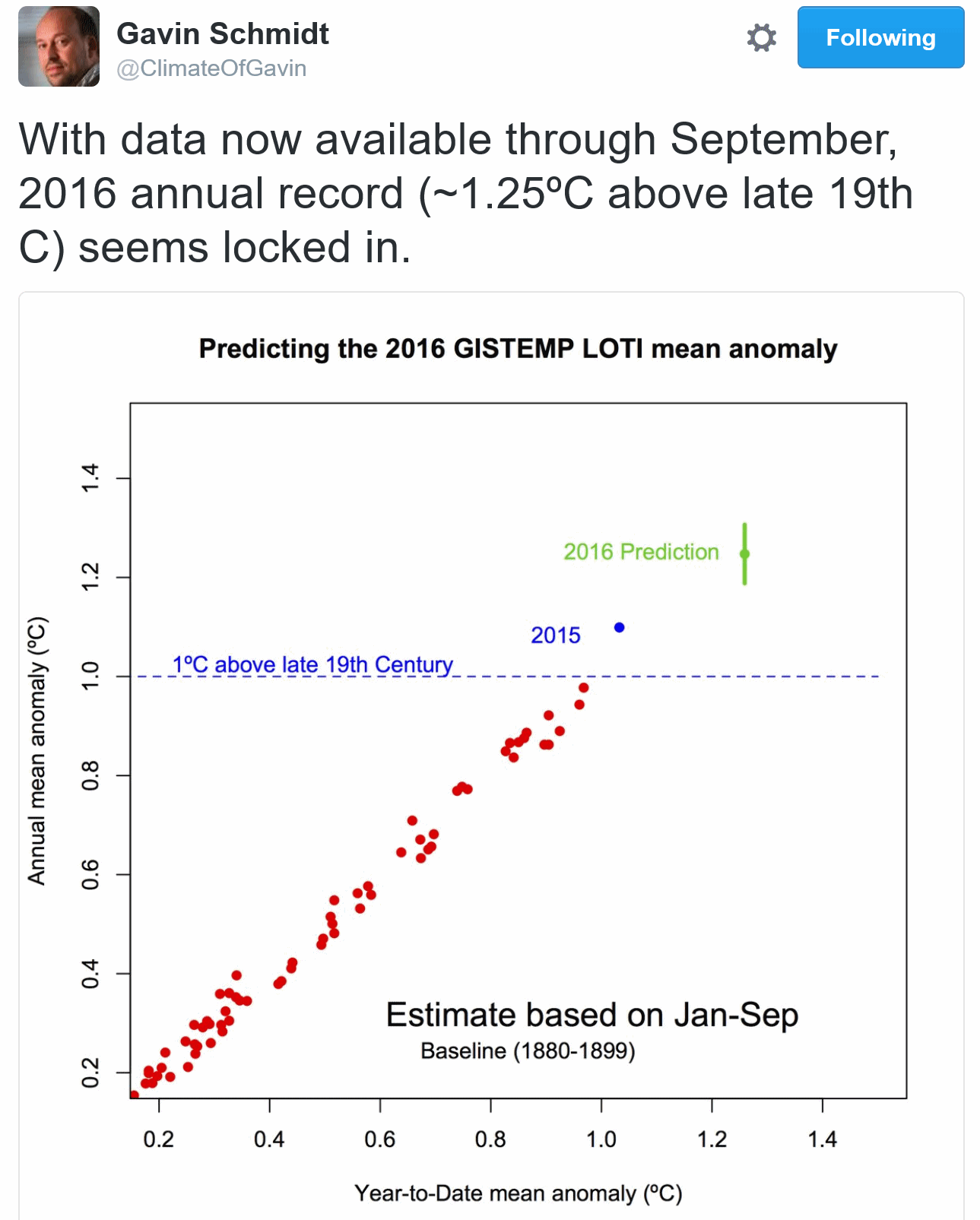 September An Exclamation Point on String of Hot Months - 2016 Will Be Warmest Year on Record
September An Exclamation Point on String of Hot Months - 2016 Will Be Warmest Year on Record. Here's a clip from a story at
Climate Central: "...
To say there’s never been a stretch like this may sound like stating the obvious, but let’s recap for the heck of it. The September mark comes a month after the world tied the record for the hottest month ever recorded in August (the month it tied was this July). As early as May, there was a 99 percent chance that 2016 was going to go down as the hottest year on record, besting 2015, which bested 2014,
because the planet has been on a heat bender since last year. With
September’s record, the odds crept a little higher still. NASA climate
scientist Gavin Schmidt said on Twitter that 2016 “seems locked in” to
set a record for hottest year with it likely to end somewhere around
2.25°F (1.25°C) above the late 19th century average..."
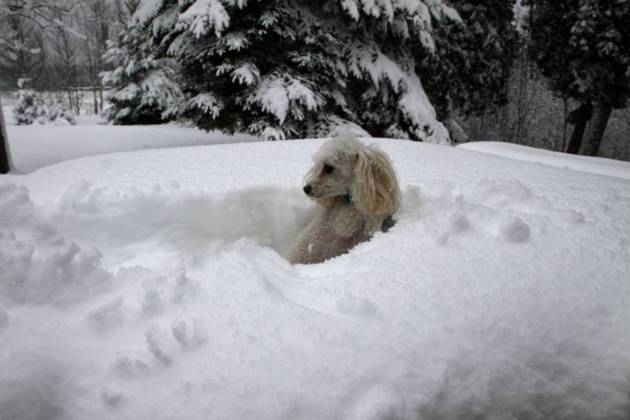
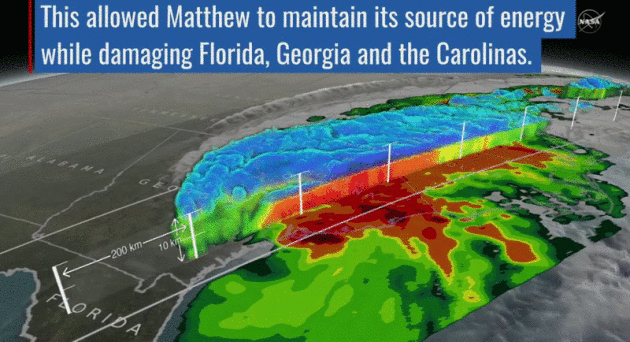
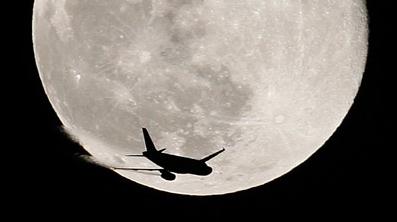
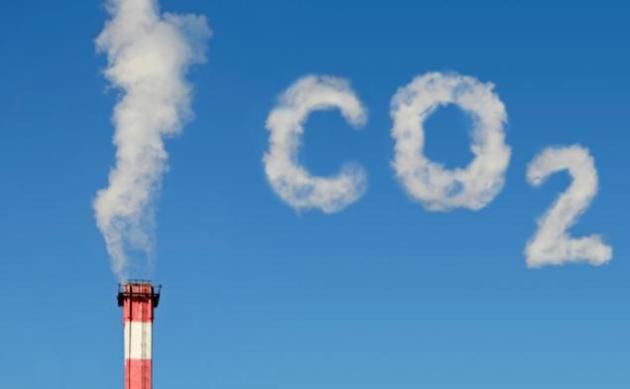



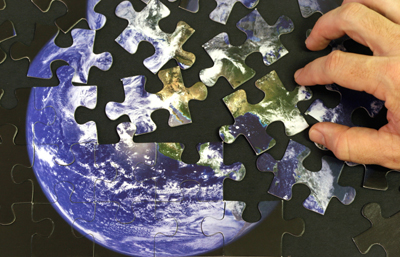
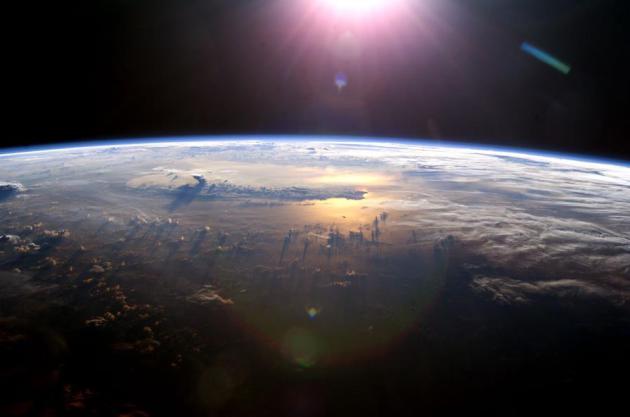

No comments:
Post a Comment